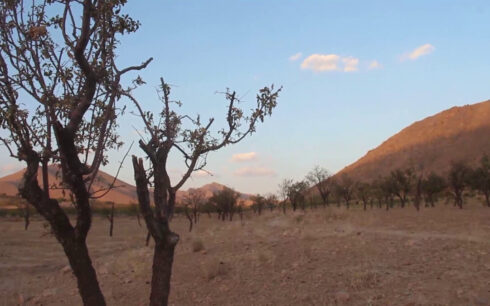The Washington Post has reportsed that climate change is undermining the Taliban’s efforts to eradicate poppy cultivation in Afghanistan.
The report says that the southern provinces, long reliant on opium production, face significant challenges as prolonged droughts impact their ability to switch to alternative crops.
Despite the harsh climate, poppy fields in these regions have historically flourished, glowing white in the sun, the report says.
Prior to the Taliban’s ban, about two-thirds of the country’s opium poppies were grown in the south. However, the drought has forced some farmers to abandon their fields, while others search for viable alternatives.
The groundwater levels in the Helmand River Basin, crucial for irrigation, have dropped by an average of 8.5 feet between 2003 and 2021, exacerbating the situation, the report says.
The report highlights concerns from the United Nations, warning that failure to transition successfully from poppy cultivation to other crops could have repercussions far beyond Afghanistan’s borders.
Before the Taliban’s takeover, Afghanistan was the world’s largest exporter of opium, supplying more than 80 percent of the global market. Production has significantly decreased since last year, following the Taliban’s enforcement of the drug ban.
A recent report from U.N. Secretary-General António Guterres noted divergent views within the Taliban’s governance structure regarding the enforcement of the drug ban and other governance issues.
This comes as Russian envoy at the UN at a UNSC meeting on Afghanistan on Friday, June 21, said Taliban’s efforts for poppy eradication “have not been sufficient”.
He said that drug traficking is “closely linked to terrorism.”





